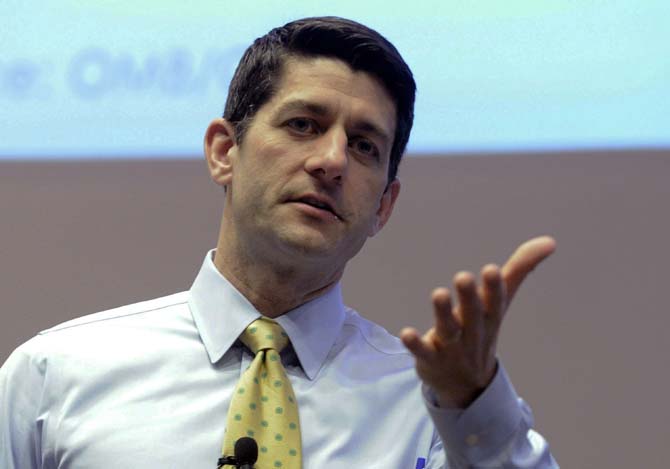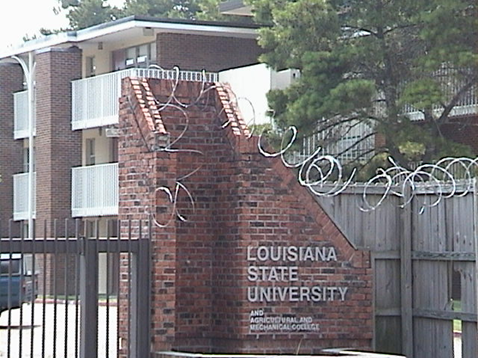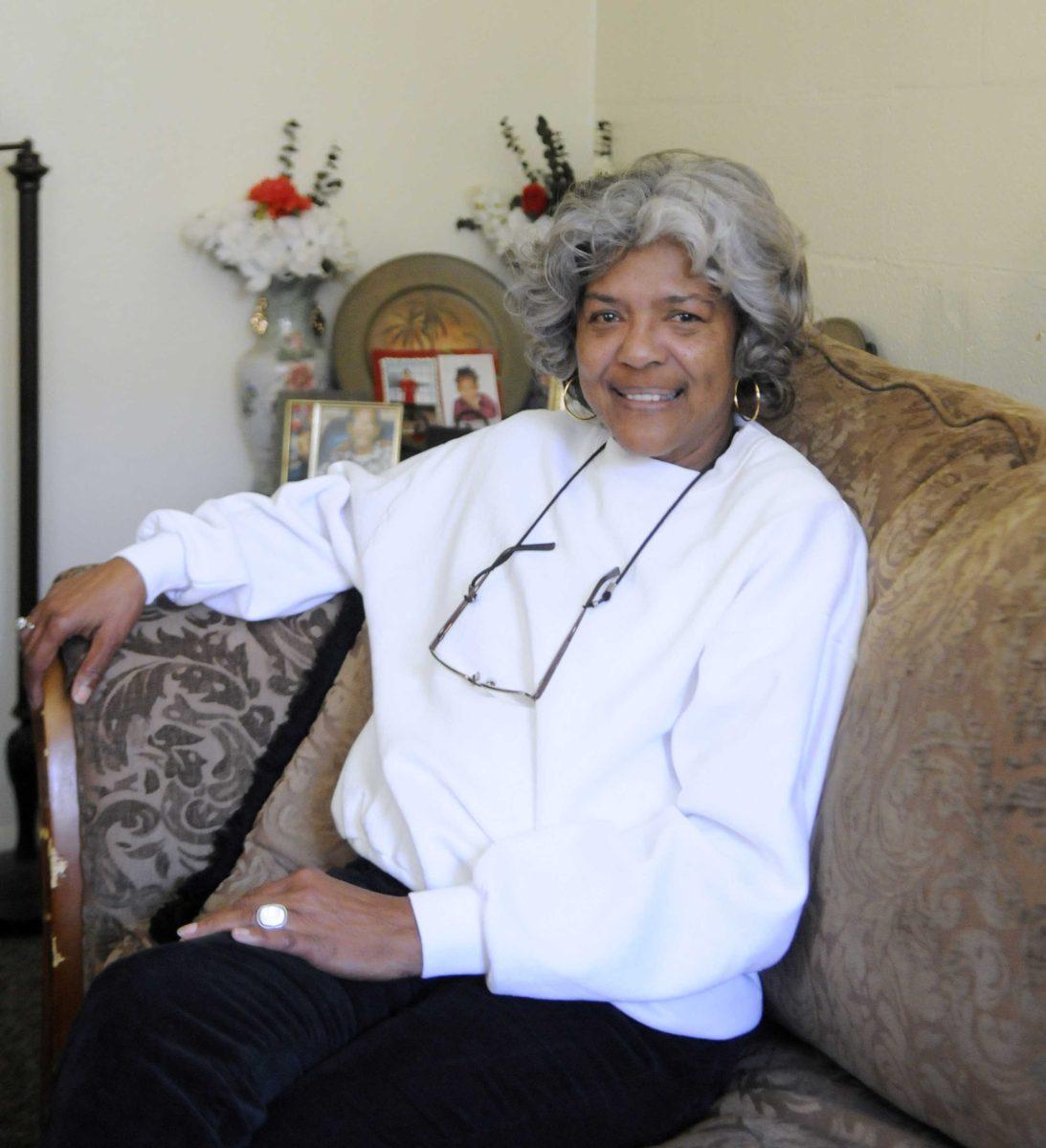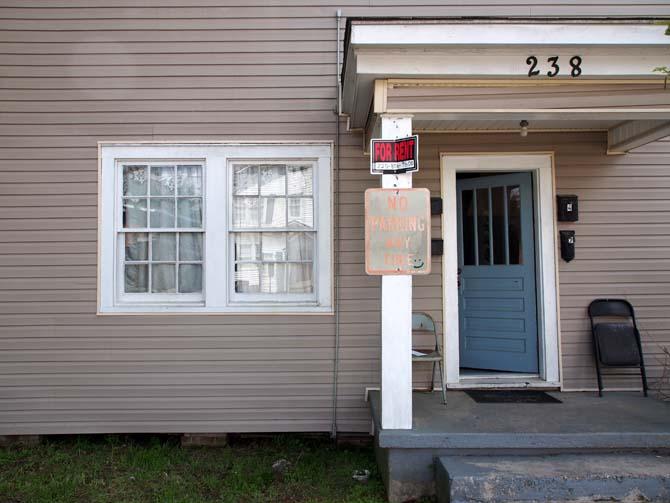Since its introduction by President Lyndon B. Johnson, the war on poverty has been washed, wrung and laid out to dry.
What started out as a push for better schools, health, homes and job opportunities in 1964 by the federal government is now the conservatives’ magnet for the hard-working citizens who are tired of shouldering those who refuse to work, finding happiness and contentedness in collecting government handouts.
In a March interview, U.S. Congressman Paul Ryan discussed his plan to lift people out of poverty.
“In a nutshell, work works. It’s all about getting people to work,” Ryan said.
Ryan seems to believe there is a population content with not working and who would like to continue living in poverty. But he’s wrong about that and many other things concerning poverty.
For those living and working in poverty in Baton Rouge, getting to work is an issue, though not in the way Ryan meant in his comments. If you’ve ever stepped foot off campus, you have seen a CATS bus, and you’ve probably seen it stuck in traffic.
How many times have you woken up late for work, only to find the traffic is so bad in town you have to call in and tell your boss you will be late?
If you’re poor, you can’t afford to make mistakes like this. The hour you’re late for work is an hour you could’ve been working. Heaven forbid you get sick, and your boss threatens your job if you don’t find someone to cover your shift or show up for it.
If you’re poor, you spend more money being poor. If you can’t cover your rent, you write a check and hope the money comes through before the check bounces. If you aren’t lucky, you get insufficient fund fees from both your bank and your landlord. Late fees for electricity bills, water bills — it all adds up.
If you live in one of the seven food deserts of Baton Rouge — low income areas at least a mile away from the nearest grocery store — you live on convenience store or fast food. And you get the judgement of those who are more well-off and feel entitled to make you feel bad for purchasing frozen pizza and burritos instead of fruit and vegetables.
If you’re lucky enough to have a car, it probably isn’t dependable. You purchase the older, more-likely-to-break-down car because it is all you can afford at the time, and then you pay for each broken part that comes along.
One month it’s a flat tire.The next month, you need a new battery. Eventually, you spend so much on the broken car you could have saved up the money to buy a more dependable vehicle.
But you had to get to work.
So you can work the job some people don’t believe is worth the lowly minimum wage the government has made mandatory. And you understand the $7.25 you make is more like $6.75 after taxes.
Taxes you pay to fund programs that benefit you, the worker who needs them.
But instead of blaming the system that attaches a monetary value to a human person and then calls them a bum, we blame the worker who relies on public transportation to get to the job we claim they do not want.
The popular perception of those living in poverty as lazy, unmotivated bums is harmful not only to the people who live in the reality of poverty, but also to our culture’s reaction to poverty.
Money can’t buy happiness, and that’s evident in the lives of those who struggle in poverty and still find a way to smile. But they aren’t smiling because they are receiving government money.
They know our nation’s war on poverty is a joke, and the punchline isn’t them.
It’s people who have never been below the poverty line who can afford to turn it into a political platform.
Opinion: Misleading ideas of poverty in America harm those seeking help
By Jana King
April 2, 2014
In this March 20, 2014 photo Republican Rep. Paul Ryan answers constituents questions during a listening session at the Snap-on Headquarters in Kenosha, Wis. Ryan is making poverty a signature issue as he tries to broaden his appeal ahead of a possible presidential run in 2016. But he’s had to defend himself and his message against allegations of racism. (AP Photo/Kenosha News, Kevin Poirier)
More to Discover








